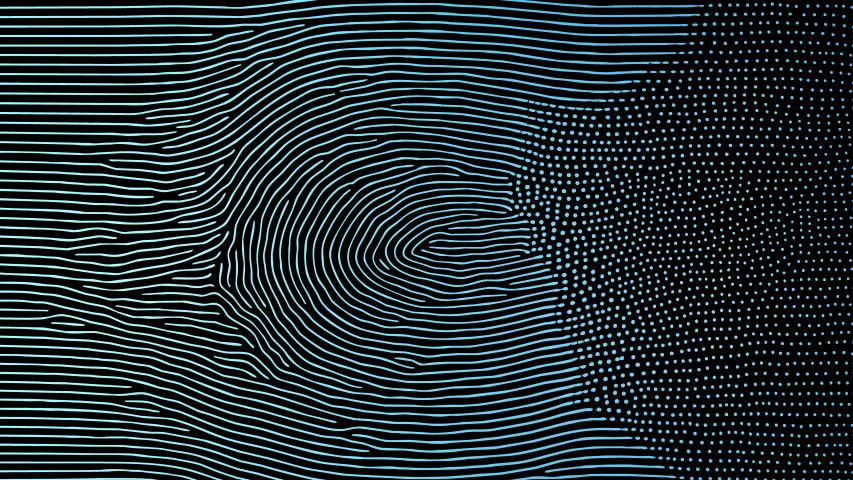
Machine learning offers scope to change how evidence is gathered and presented. Learn how artificial intelligence (AI) could transform the evidence in your courtroom in the near future.
While generative AI tools like ChatGPT, DALL-E and Copilot capture the imagination with human-like creations of words and images, AI has the potential to transform how evidence is gathered and presented in your courtroom.
Many elements of forensic science involve trained and informed pattern recognition – an exercise which AI has shown to be particularly adept at replicating. Improvements in genetic matching, identification of novel psychoactive substances and production of visual reconstructions all have the potential to change the sorts of evidence that courts will see in the coming years.
Join this panel of experts to learn what the future holds for AI in your courtroom, including:
- how machine learning might change the evidence you receive in the court room
- how new technologies may be explained and tested, to ensure that fact finders only act on accurate and reliable evidence.
Note: This program is open to judicial officers only.
Speakers.

Dr Kaye Ballantyne is the Chief Forensic Scientist for the Victoria Police Forensic Services Department (VPFSD). She has previously held positions at the ANZPAA National Institute of Forensic Science (NIFS), the University of Tasmania, La Trobe University, and Erasmus University Medical Centre. In her role as Chief Forensic Scientist, Kaye is responsible for ensuring that all scientific evidence produced by the VPFSD meets both scientific and legal standards. She oversees research and innovation to enhance service delivery to the Victorian and forensic communities, develops educational and training practices to foster expertise, and ensures that forensic processes used in investigations and criminal justice are robust, reliable, and transparent.

Dr Kaye Ballantyne is the Chief Forensic Scientist for the Victoria Police Forensic Services Department (VPFSD). She has previously held positions at the ANZPAA National Institute of Forensic Science (NIFS), the University of Tasmania, La Trobe University, and Erasmus University Medical Centre. In her role as Chief Forensic Scientist, Kaye is responsible for ensuring that all scientific evidence produced by the VPFSD meets both scientific and legal standards. She oversees research and innovation to enhance service delivery to the Victorian and forensic communities, develops educational and training practices to foster expertise, and ensures that forensic processes used in investigations and criminal justice are robust, reliable, and transparent.